CNC Machining Israel: Manufacturers & Industry Guide
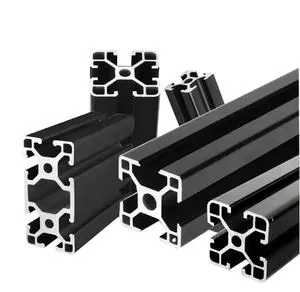
Part 1: Market Size and Growth
Israel’s CNC machining scene grows where deep engineering meets bold startups. I have watched precision shops serve aerospace, defense, medical devices, and energy. This cross-industry demand keeps machine shops busy and pushes them toward tighter tolerances.
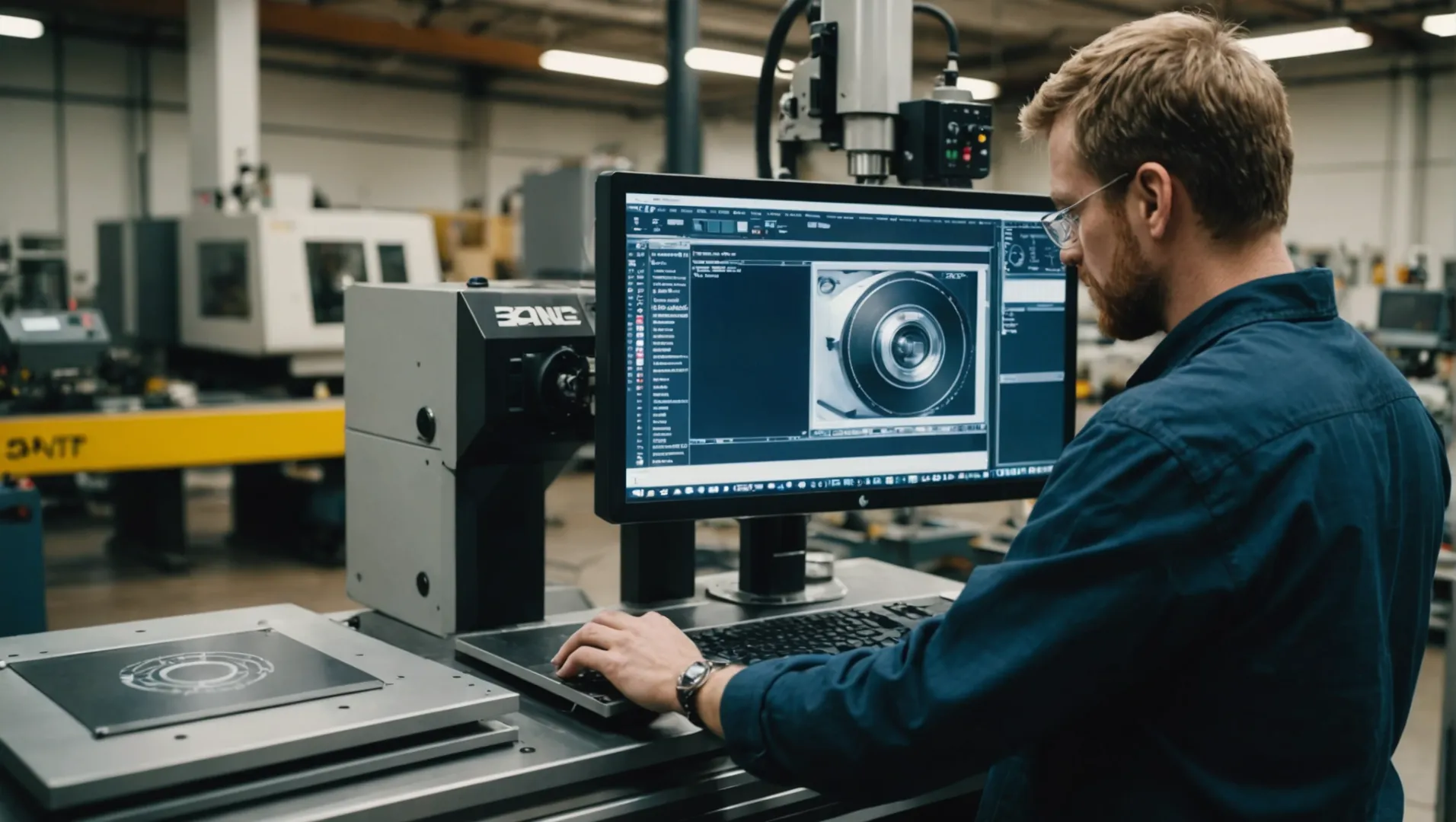
I see steady investment in 5-axis machining, metrology, and CAM automation. Shops link their mills to ERP and MES to control costs and lead times. This digital backbone helps small teams scale fast without losing quality.
Policy and capital shape this market in simple ways. The Israel Innovation Authority funds equipment upgrades and R&D. Regional clusters around Tel Aviv, Haifa, and the north draw skilled machinists and suppliers. These ties reduce risk and speed new product launches.
Part 2: Leading Companies
ISCAR (Part of IMC Group)
Contact Now
ISCAR began in the 1950s in Nahariya and became a global cutting-tool leader. I first knew it for indexable carbide, but its support reshapes how Israeli shops plan toolpaths. The company’s engineering culture supports local prototyping and serial runs.
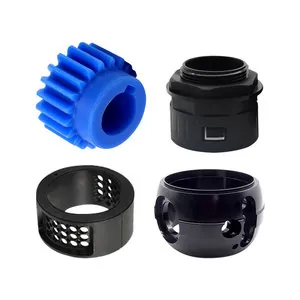
ISCAR’s portfolio spans turning, milling, drilling, and high-feed systems. I often see their tools paired with 5-axis strategies to shorten cycle time. Their customers cover aerospace, defense, automotive subsystems, and med-tech. Key strengths include advanced carbide grades, smart chipbreakers, and toolholding that resists chatter. ISCAR teams train operators and run trials, and the group maintains ISO quality and sustainability frameworks.
Israel Aerospace Industries (IAI) – Structures & Machining
Contact Now
IAI dates to 1953 and runs some of the country’s most advanced machine halls. I have seen complex monolithic structures cut from aluminum and titanium for airframes and satellites. The culture values repeatability, documentation, and process proof.
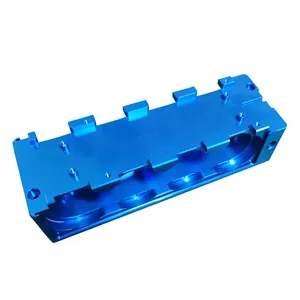
IAI machines flight-critical parts, landing-gear elements, brackets, and space hardware. It integrates CAD/CAM, probing, and CMM into closed loops for stable capability indices. Industries include aerospace, space, and defense platforms that require airworthiness evidence. Certifications such as AS9100 and ISO9001 support export programs and customer audits.
Bet Shemesh Engines (BSEL) – Precision Components
Contact Now
BSEL started in the 1960s and focuses on engine components and high-temperature alloys. I once toured a line that blended 5-axis roughing with EDM and super-finishing. The plant manages strict heat-treatment and traceability rules.

Its products include turbine blades, vanes, rings, and structural engine parts. The team balances machining with special processes like coatings and NDT. Primary sectors are civil aerospace MRO, new engine programs, and defense propulsion. The company follows AS9100, NADCAP for special processes, and rigorous quality gates that meet OEM demands.
RAFAEL – Mechanical Production and Tooling
Contact Now
RAFAEL began in 1948 and runs integrated manufacturing for complex systems. I saw fixtures that transform multi-setup parts into single-clamp runs. Their approach blends design for manufacturability with quick changeovers.
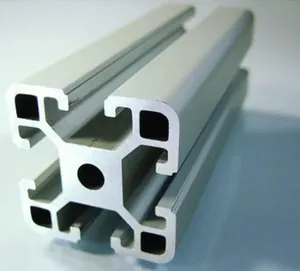
Products include housings, control surfaces, seeker assemblies, and precision mechanisms. They supply defense, electro-optics, and advanced robotics that need rugged, lightweight designs. Highlights include in-house fixturing, additive-assisted tooling, and real-time process monitoring. Certifications cover AS9100, ISO, and classified program requirements with robust configuration control.
MedTech Precision Cluster – Selected SMEs
Contact Now
Across the Sharon plain and the Galilee, SMEs serve surgical robotics and implants. I worked with a shop that turned cobalt-chrome and machined PEEK inserts on the same shift. The teams favor micro-milling, Swiss-type turning, and burr-free finishing.

They make end-effectors, bone plates, catheter hubs, and endoscopic frames. Their clients include robotics startups and global device firms that demand validation files. Innovation shows in toolpath optimization, dry machining trials, and cleanroom packaging. Certifications often include ISO13485, alongside ISO9001 and process validations for sterile supply chains.
| Company | Founded | Core Products | Industries | Certifications |
|---|---|---|---|---|
| ISCAR (IMC) | 1950s, Nahariya | Indexable carbide, holders, high-feed tools | Aerospace, Defense, Automotive, Med-tech | ISO family, sustainability systems |
| Israel Aerospace Industries (IAI) | 1953 | Airframe and space structures | Aerospace, Space, Defense | AS9100, ISO9001 |
| Bet Shemesh Engines (BSEL) | 1960s | Turbine blades, vanes, rings | Civil Aviation, MRO, Defense | AS9100, NADCAP |
| RAFAEL | 1948 | Precision housings, mechanisms, fixtures | Defense, Electro-optics, Robotics | AS9100, ISO |
| MedTech SMEs Cluster | 2000s+ | Implants, surgical tooling, micro-parts | Medical Devices, Robotics | ISO13485, ISO9001 |
Part 3: Trade Shows and Industry Events
New-Tech Exhibition Tel Aviv gathers electronics, motion control, and production tech. I meet CNC teams there who source spindles, probes, and CAM add-ons. The show mixes suppliers with startups that need quick machining for pilots.

Israel Industry 4.0 Week unites factories, software vendors, and investors. I like the hands-on demos for predictive maintenance and machine analytics. CNC managers attend to link machines, dashboards, and shop-floor KPIs.

| Event | Date | Location | Highlights |
|---|---|---|---|
| New-Tech Exhibition Tel Aviv | Annual, May/June | Tel Aviv | Tooling, motion, CAM, automation |
| Israel Industry 4.0 Week | Annual, Feb/March | Tel Aviv | Predictive analytics, IIoT, AI for CNC |
Part 4: Impact of Global Trade Policies
Export rules shape how Israeli shops sell and buy. I have managed projects where ITAR and dual-use controls dictated routing and paperwork. Clear classification and end-use checks keep programs on track and avoid delays.
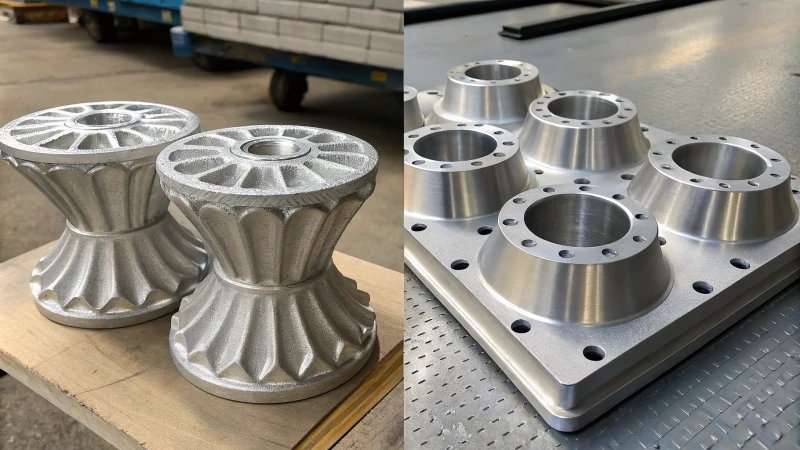
Sanctions and shipping volatility affect metals, cutters, and electronics. Teams buffer with approved alternates, larger safety stocks, and vendor-managed inventory. Local forging and bar suppliers help, and recyclers close loops for titanium and aluminum.
Competition is global and constant. Asian suppliers offer low prices, while Israel competes on speed, documentation, and innovation. Free-trade ties and R&D grants open doors, especially for med-tech and space. Shops that automate and certify deeply win complex, high-mix work.
Part 5: Conclusion
I see a clear path for growth in Israeli CNC machining. The mix of aerospace, med-tech, and robotics creates steady, high-value demand. Digital workflows and training will lift productivity without losing precision.
Risk never leaves the shop floor. Trade rules, material shocks, and price pressure test every bid. Teams that diversify, certify, and automate will stay resilient and keep shipping on time.
Recommended Reading:
CNC Machining Poland
CNC Machining Sweden
CNC Machining Belgium
CNC Machining Thailand
CNC Machining Uae
CNC Machining Norway
What is the process of powder coating aluminium?
Conveyor Aluminium Profile Manufacturer
Machined Heat Sink for Precision Components
Aluminum U Profile



